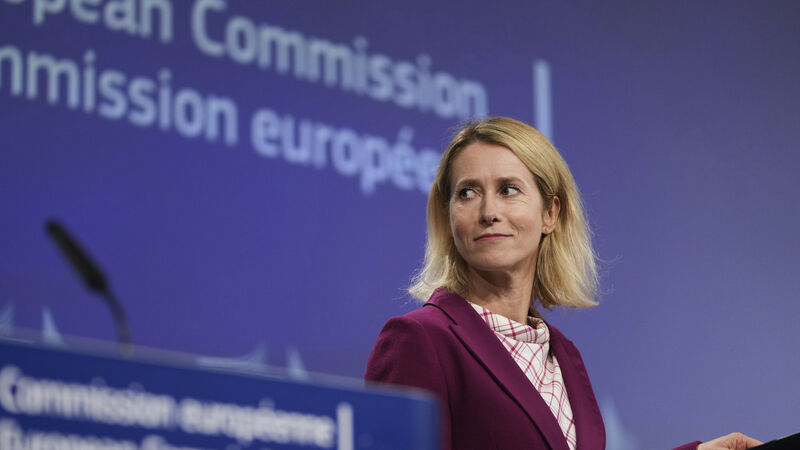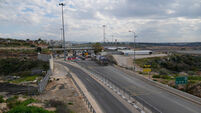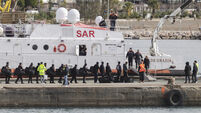EU sets out tariffs and sanctions plan to pressure Israel to end Gaza war

European Union foreign policy chief Kaja Kallas called for sanctions. File Picture: Virginia Mayo/AP
The European Union has laid out its toughest plan yet to pressure Israel to end its war in Gaza as Palestinians fled from Israeli tanks, drones and troops pushing deeper into the coastal enclave ravaged by 23 months of war.
Kaja Kallas, the EU’s foreign policy chief, urged the 27 member nations to increase tariffs on some Israeli goods and impose sanctions on Israeli settlers, and two members of prime minister Benjamin Netanyahu’s Cabinet — national security minister Itamar Ben-Gvir and finance minister Bezalel Smotrich.














